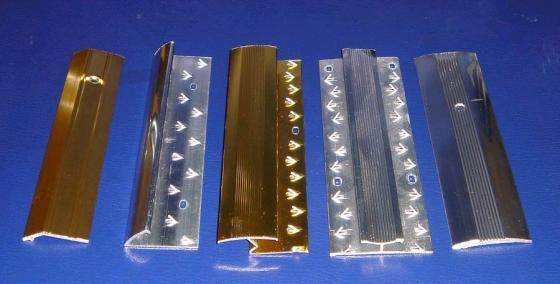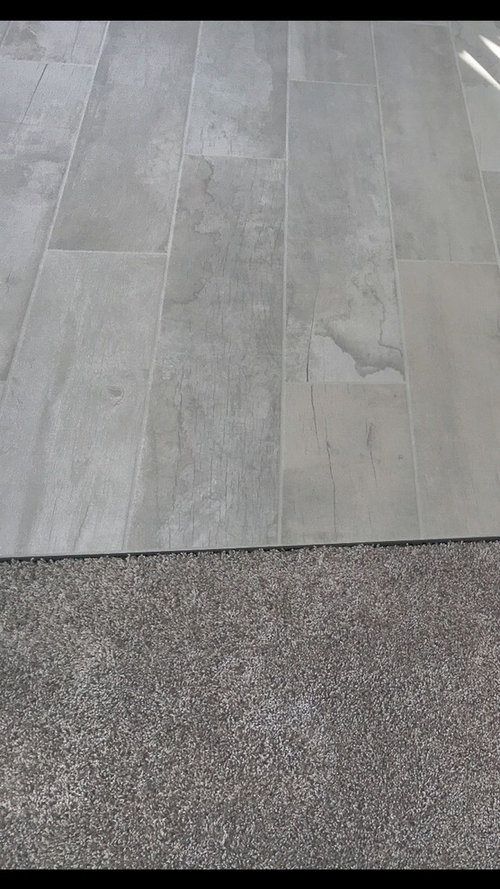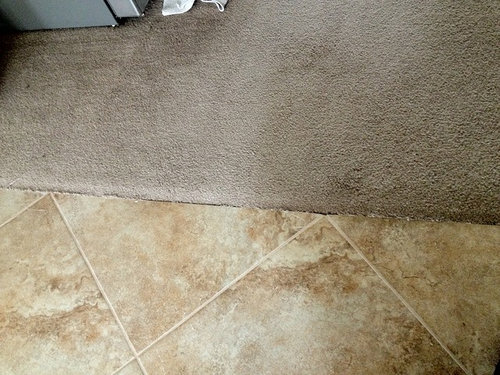All you have to do is place the strips over the spot where the tile and the carpet edges meet providing you with a simple and elegant way to bridge the gap between the two types of flooring.
Carpet to tile transition different heights tuck.
The traditional way of making the tile to carpet transition is with the tuck method.
Tile to carpet transition options.
Transitions between different flooring types require more precise strips tailored to the specific floor materials.
Right now the change from the floor covering to the tile look consistent can be a genuine test.
Unlike some of the other transition options this one locks the two different kinds of flooring into place using either glue or screws.
Tuck the end of the carpet into the gap between the tack strip and the tile by using a stair tool or a putty knife.
This is best done after the tile floor has been installed but you can also remodel an.
When the complete length of the transition has been successfully tucked run a bead of latex glue inside the crevice between the carpet and the tile to ensure that the carpet stays in.
For example a t bar is the perfect choice for surfaces that have the same height.
But when tile and carpet meet there number of tile to carpet transition options increases.
Be careful not to unravel the carpet fibers.
For most of these transitions balancing out flooring heights is a primary concern.
A shim or ramp also may need to be used under the carpet to help give the necessary height so that the carpet is level or slightly higher than your tile.
Carpet to hardwood or tile floor transition tips.
Carpet transitions to thick flooring like hardwood.
Things get much increasingly confounded when the floor covering was introduced before the tile.










